Empowering Patients and Families through Patient Advocacy Strategies
What is Patient Advocacy?
Patient advocacy is the act of representing and protecting the rights and interests of a patient in the healthcare system. It involves providing support and guidance to patients and their families, helping them navigate the complex and often overwhelming world of healthcare. If you have an elderly parent or grandparent who needs healthcare support, patient advocacy strategies and services may be able to help.

Benefits of Patient Advocacy Strategies
There are many benefits to patient advocacy strategies and services for families caring for elderly loved ones. One of the main benefits is that it provides a trusted, knowledgeable resource for families who may need to become more familiar with the healthcare industry. Patient advocates are trained to understand the ins and outs of the healthcare system, including the different treatment options, insurance coverage, and patient rights. They can help families understand their options and make informed decisions about their loved one's care.
Another benefit of patient advocacy is that it can help families navigate coordinating care. This can be especially important for elderly patients with multiple healthcare providers and specialists. A patient advocate can ensure that all of the patient's healthcare providers communicate and work together effectively, which helps avoid confusion and mistakes.
Patient advocacy can also help families advocate for their loved ones if they feel their rights or needs are not being met by the healthcare system. This can include ensuring that patients are given adequate pain management, that their privacy is respected, or that their care plan is appropriate for their needs. Patient advocates can also help families understand their rights and how to advocate for themselves if needed.
In addition to these practical benefits, patient advocacy can provide emotional support to families feeling overwhelmed or stressed by the healthcare system. A patient advocate can offer a listening ear and provide support and guidance through difficult times.
Types of Patient Advocacy Services
There are a few different types of patient advocacy services available. Some are provided by hospitals or other healthcare organizations, while independent organizations or individuals offer others. Some patient advocates are volunteers, while others may charge a fee for their services.
- Lay Patient Advocate: A lay patient advocate is an individual who provides advocacy for patients on behalf of their families and caregivers. This may include helping to secure medical care, advocating for a patient’s rights in the healthcare system, or providing emotional support during difficult times. Lay patient advocates are most often volunteers that possess no formal medical training but have knowledge of the medical system, as well as the ability to listen and provide advice in a non-judgmental setting.
- Professional Individual Patient Advocate: A professional individual patient advocate is a person or organization that provides individualized guidance, support and direction to patients as they navigate the healthcare system. Patient advocates help patients understand their rights, access resources, and make informed decisions about their care. They also provide emotional support for those who are dealing with difficult medical circumstances.
- Governmental Agencies: A governmental agency patient advocacy group is an organization that works to represent and protect the interests of patients with respect to their access to healthcare services. These groups are typically funded by state or federal governments, and work in partnership with health plans, providers, and other organizations to ensure that individuals have access to quality care.
When choosing a patient advocacy service, it is essential to research and finds a reputable, experienced provider.
The Role of Patient Advocacy in Achieving Patient-Centered Care
Patient-centered care is a healthcare approach that focuses on the patient's needs, preferences, and values. It involves treating the patient as an active participant in their care and providing them with support and education to make informed decisions about their treatment.
Patient advocacy plays a crucial role in achieving patient-centered care. Patient advocates work to ensure that patients are treated with respect and dignity and that their rights and needs are being met. They can help patients understand their options and make decisions about their care that align with their values and goals. By collaborating with patients and their families, patient advocates can help create personalized care plans that meet each patient's unique needs.
In this way, patient advocacy helps to empower patients and promote their autonomy in the healthcare process.
The Caregivers At Barr Private Care Work With You Every Step Of The Way
There's no doubt that patient advocacy services can be a valuable resource for families caring for elderly loved ones in the healthcare system. From providing guidance and support to coordinating care and advocating for patients, patient advocates can help families navigate the often complex and overwhelming world of healthcare.
Barr Private Care is a provider of patient advocacy services in Kansas City. Our team of experienced patient advocates is here to help guide your loved ones through the healthcare system and ensure that their rights and needs are being met. We can help coordinate care, advocate for patients, and provide emotional support to families. If you are interested in patient advocacy services for your elderly parent or grandparent, don't hesitate to call us. Barr Private Care is here to help.








